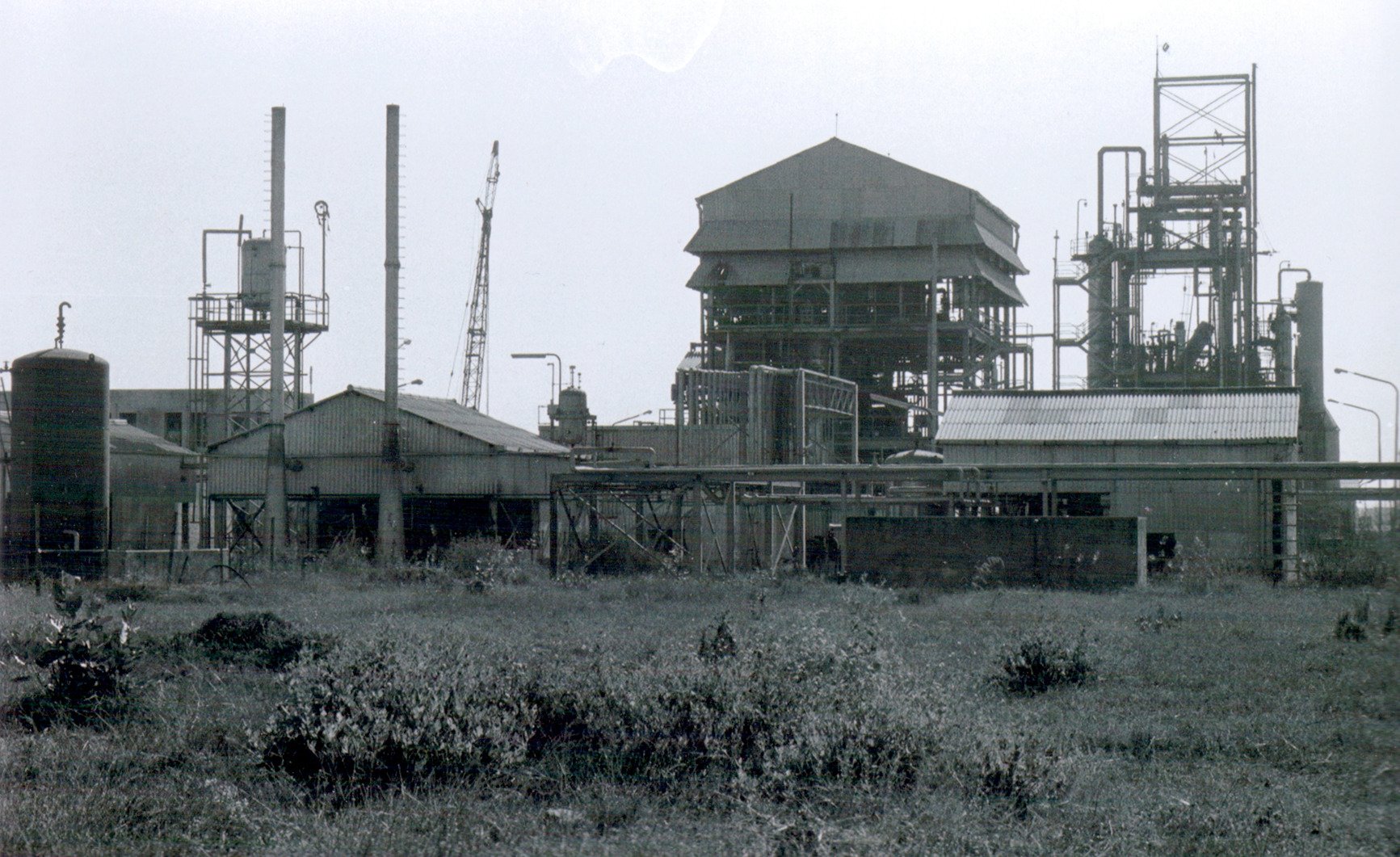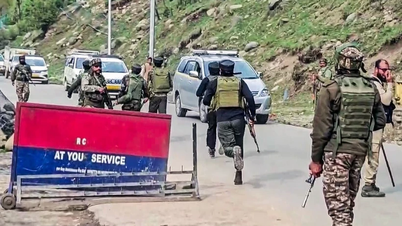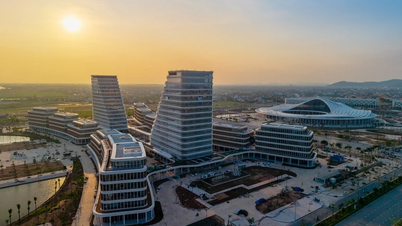(CLO) Indian authorities announced that they have completed moving toxic waste from the site of the 1984 Bhopal gas leak disaster to a treatment facility, where the incineration process is expected to take three to nine months.
Swatantra Kumar Singh, director of Bhopal disaster relief and rehabilitation department, said 12 leak-free containers of hazardous waste, weighing a total of 337 tonnes, were transported to a treatment facility at Pithampur, 230 km from Bhopal, on January 2 under tight security.
The Madhya Pradesh state government said a trial run of 10 tonnes of waste has been underway since 2015, and the treatment of the remaining 337 tonnes will be completed within three to nine months.

Exterior view of the Union Carbide pesticide plant in Bhopal, India, 1985. Photo: CC/Wiki
The event marks a major step forward in efforts to recover from the horrific industrial disaster that killed more than 5,000 people.
In the early morning of December 3, 1984, methyl isocyanate gas leaked from the American Union Carbide pesticide plant, poisoning more than half a million people in Bhopal, the capital of Madhya Pradesh. This is considered one of the most serious industrial disasters in history.
Mr Singh said the results of the treatment tests conducted by the federal pollution control agency have shown that the emission standards of the treatment process meet national requirements. He also asserted that the treatment process is environmentally safe and will not cause any harm to the local ecosystem.
However, Rachna Dhingra, an activist in Bhopal, has expressed concerns about the long-term impact of waste disposal. According to Dhingra, solid waste after burning ends up in landfills and can pollute water sources, creating serious environmental problems.
She also criticized that polluting companies such as Union Carbide and Dow Chemical should be responsible for cleaning up toxic waste in Bhopal, instead of leaving it to the Indian government.
The Union Carbide plant, built in 1969 and now owned by Dow Chemical, was once a symbol of India’s industrialization. It not only provided thousands of jobs for poor people but also produced cheap pesticides for millions of farmers. But the 1984 disaster has made its name synonymous with pain and destruction.
Ngoc Anh (according to Reuters, AFP)
Source: https://www.congluan.vn/an-do-hoan-tat-viec-don-dep-chat-thai-doc-hai-tu-tham-hoa-bhopal-sau-40-nam-post328690.html





![[Photo] Prime Minister Pham Minh Chinh chairs conference on anti-smuggling, trade fraud, and counterfeit goods](https://vphoto.vietnam.vn/thumb/1200x675/vietnam/resource/IMAGE/2025/5/14/6cd67667e99e4248b7d4f587fd21e37c)
































































































Comment (0)